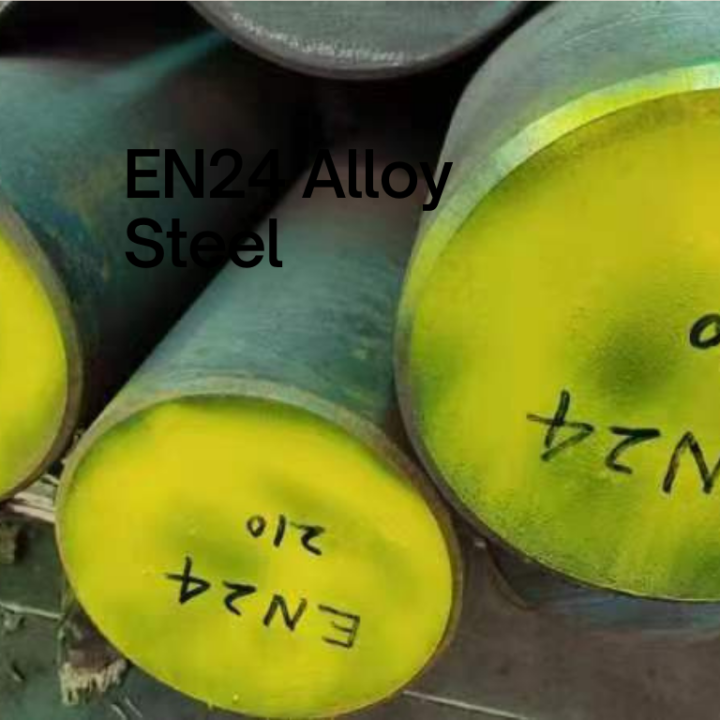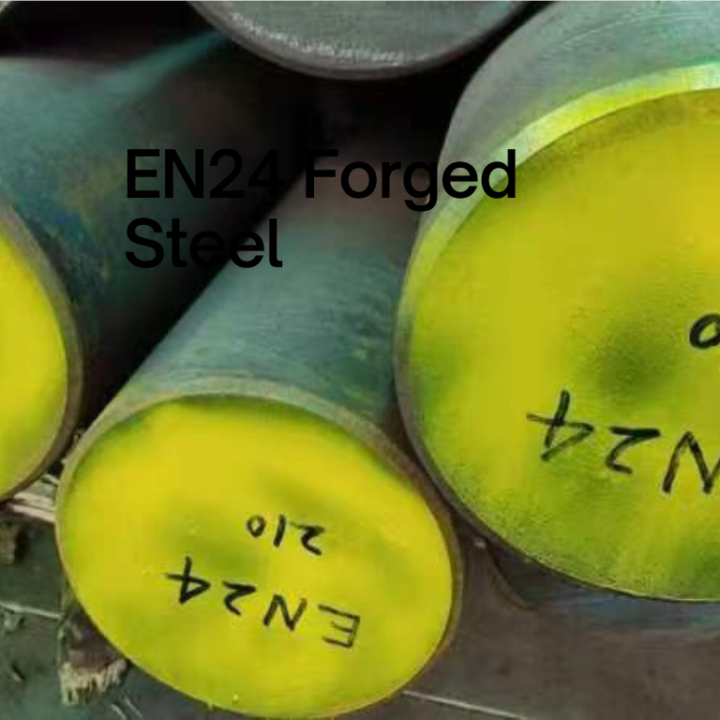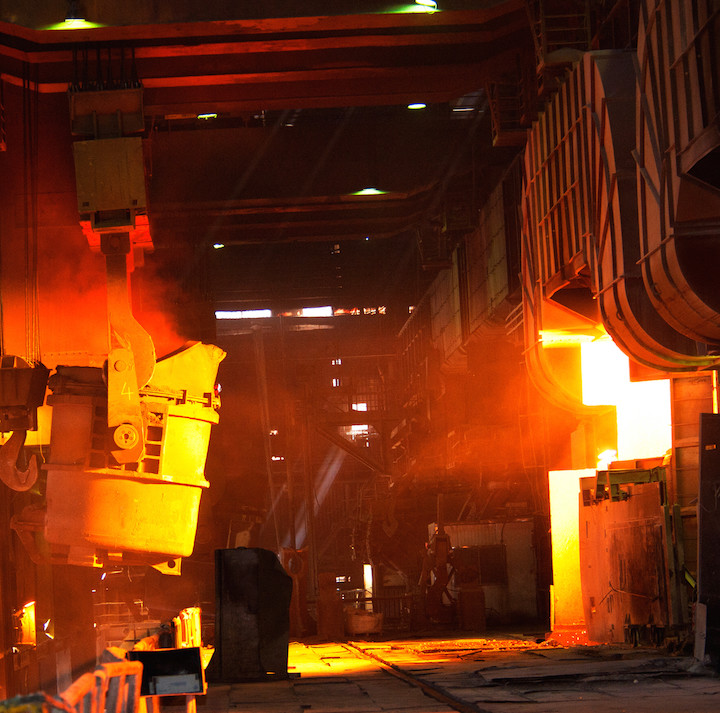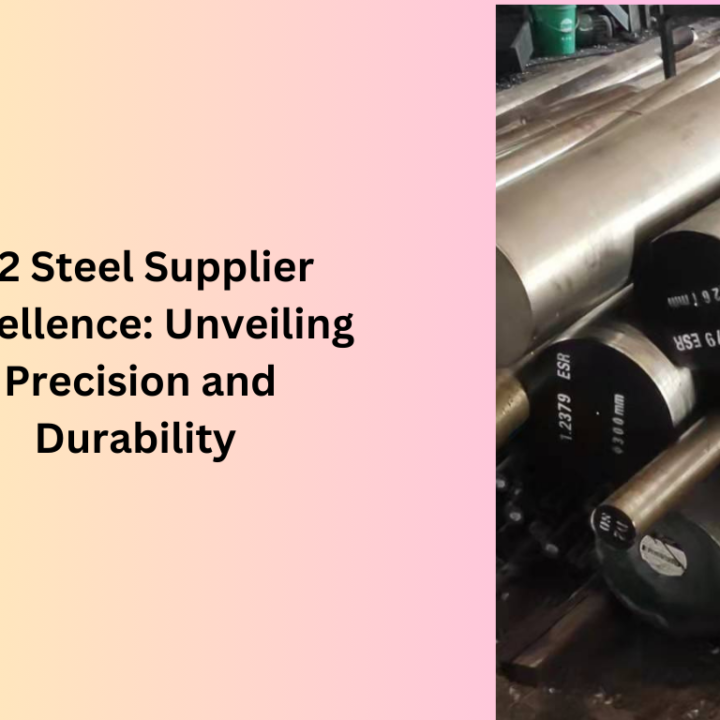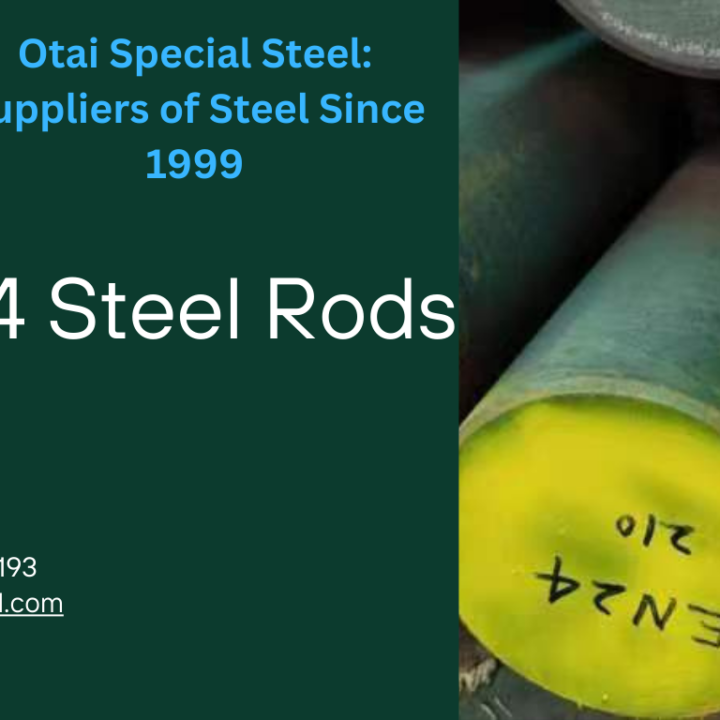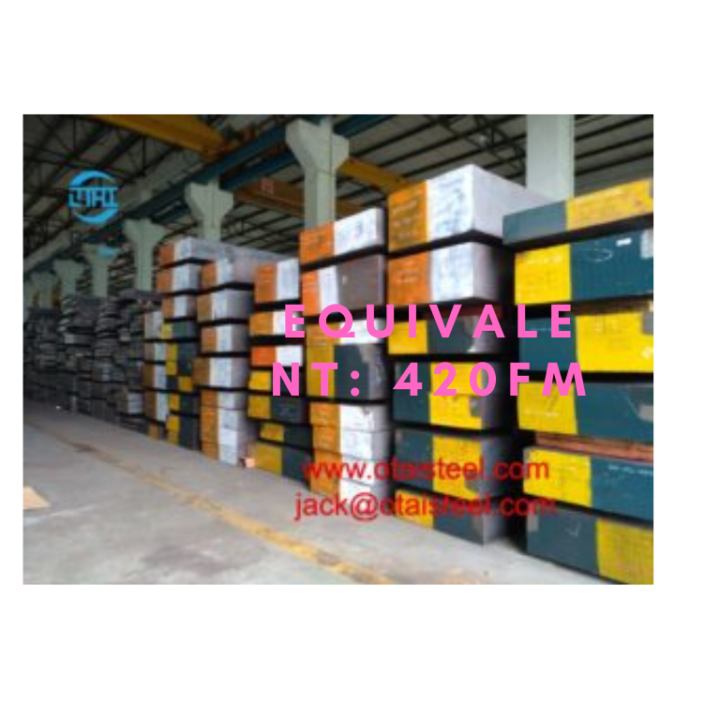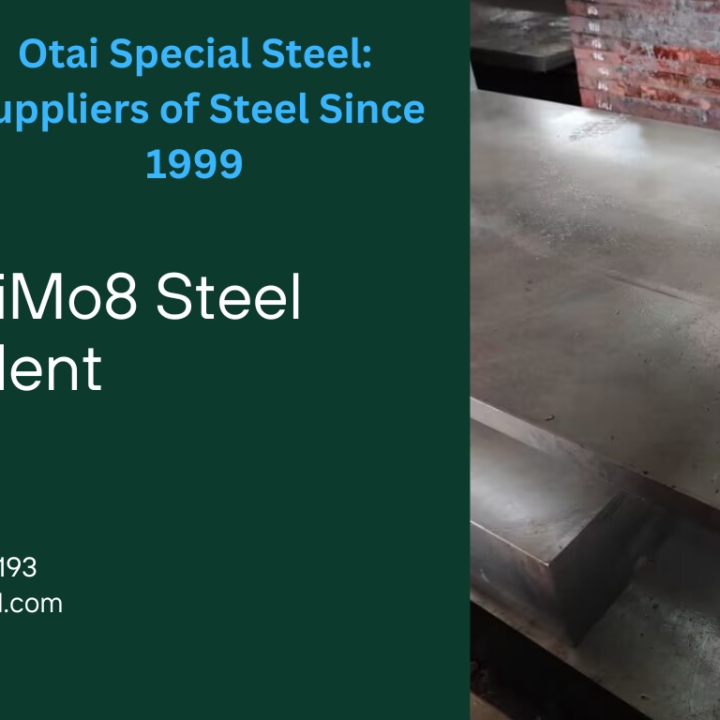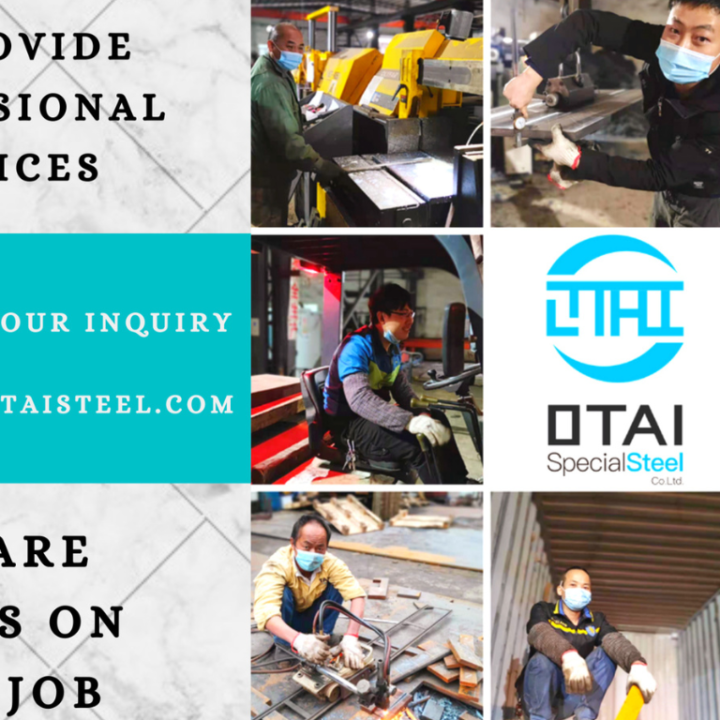
A coalition of steel pipe producers, including a company in Export, is asking the Trump administration to impose tariffs and take other actions to end the glut of foreign steel.
The American Line Pipe Producers Association sent a letter to President Trump on Thursday complaining that “excess capacity and surging imports” are hurting American pipe manufacturers and the domestic steel industry.
The letter blamed “distortive” trade practices that have flooded the U.S. market with steel and steel product imports in recent years.
“Chinese producers are increasingly shipping greater volumes of dumped and subsidized steel to other countries for production of large diameter line pipe that can then be shipped to the U.S. market at lesser duty rates or, in many cases, duty free,” the ALPPA letter said.
Consequently, coalition members, including Export-based Dura-Bond Industries, have seen their market share decline, along with their production, revenue and employment levels, the letter said.
“As an industry, we are operating at only about 30 percent capacity. This situation is not sustainable,” the letter said.
Dura-Bond and three other companies formed the ALPPA earlier this year in the hopes that the Trump administration would take action to stanch the flow of “unfairly traded imports” and “level the playing field” for domestic pipe producers, said Dura-Bond President Jason Norris.
A Jan. 24 executive order by Trump required the secretary of commerce to develop a plan under which all new, retrofitted, repaired or expanded pipeline within the United States would use American-made materials and equipment.
Dura-Bond and other pipeline manufacturers have pinned their hopes for growth and increasing market share on such a policy – but are worried that no action has been taken.
“We are not asking to stop all imports,” Norris said. “We are only asking for relief for unfairly-traded imports so our company and workers have a chance.”
Dura-Bond is in the process of reactivating the former U.S. Steel McKeesport Tubular Operations and retooling it for the manufacture of smaller, midstream pipe. U.S. Steel idled the plant in 2014 because of the downturn in the oil and gas industry and the glut of cheap imports from overseas.
Dura-Bond’s agreement with U.S. Steel includes the purchase of all the equipment on the 317,000-square-foot site. It is leasing the land and the buildings from the Regional Industrial Development Corp., with an option to purchase at a later date.
“Our products are used to transport American-produced energy, which should be used to fuel our economy and not the economies of other countries that don’t operate under the same rules as we do. Enough is enough,” Norris said.
The letter asked the Trump administration to take immediate action under Section 232 of the Trade Expansion Act of 1962 to “prevent excess capacity and surging imports from harming national security and critical infrastructure by undermining the viability of the U.S. large diameter line pipe industry.”
Section 232 authorizes the commerce secretary to investigate the impact that imports are having on national security.
The letter said any tariff covering steel coil and plate should also include steel pipe in order for it to be effective.
“The domestic line pipe industry has more than sufficient capacity to meet domestic need, and can supply virtually the entire range of line pipe products, using American-made steel,” the letter said. “However, unfairly priced and subsidized imports have dominated the U.S. market for many years, driving down prices and taking market share.”
The letter was CC’d to Commerce Secretary Wilbur L. Ross Jr. and U.S. Trade Representative Robert E. Lighthizer.
Source: STEPHEN HUBA, Trib Live
